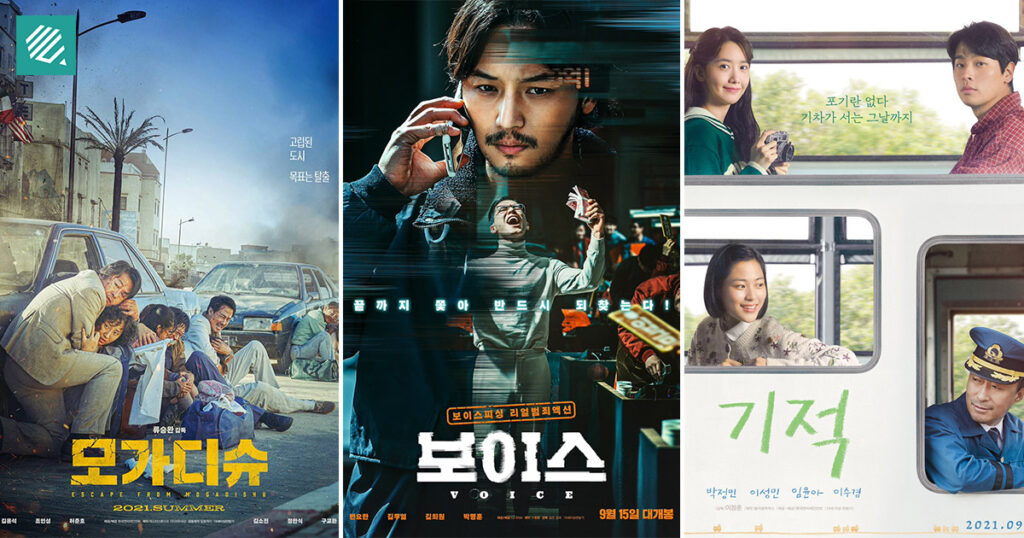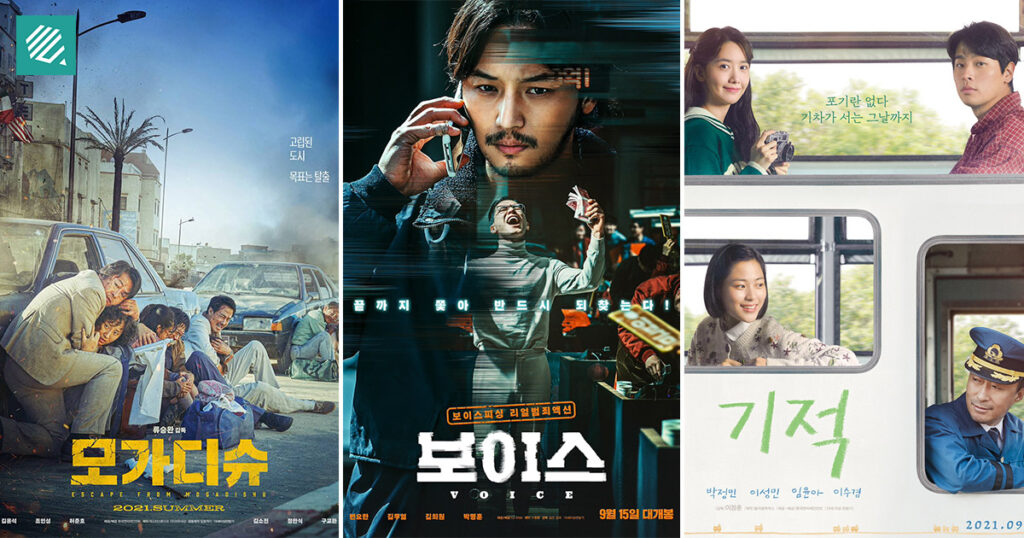Korean cinema has carved out a prominent place in the global film industry, captivating audiences with its rich storytelling, innovative techniques, and cultural depth. From the golden age of Korean film to the modern era of international acclaim, the evolution of Korean movies reflects broader social, cultural, and political shifts within the country. This article explores the multifaceted world of Korean cinema, tracing its development, key genres, influential filmmakers, and the impact it has had on the global stage.
The Evolution of Korean Cinema
Korean cinema’s roots can be traced back to the early 20th century, a period marked by the influence of Japanese colonial rule. The Japanese occupation, which lasted from 1910 to 1945, had a profound impact on the development of Korean film. Despite restrictive regulations and censorship, Korean filmmakers began to explore their own storytelling traditions and cinematic styles, laying the groundwork for a unique national cinema.

Post-liberation, the 1950s and 1960s heralded the rise of Korean film as a significant cultural force. This period, often referred to as the “Golden Age” of Korean cinema, was characterized by a flourishing of film production and a focus on melodramas and historical epics. Notable directors such as Kim Ki-young and Shin Sang-ok emerged during this era, contributing to the growth of Korean cinema with their innovative approaches and storytelling techniques.
The 1970s and 1980s were marked by political and social upheaval, which had a considerable impact on the film industry. The military dictatorship of the time imposed strict censorship laws, leading to a period of stagnation and decline in the quality of films. However, the late 1980s and early 1990s saw a resurgence in Korean cinema, driven by the democratization of South Korea and the lifting of censorship. This period marked the beginning of a new wave of filmmakers who would go on to gain international recognition.
The Rise of Korean New Wave Cinema
The 1990s and early 2000s were transformative for Korean cinema, giving rise to the Korean New Wave—a movement characterized by a departure from traditional genres and a focus on more diverse and realistic portrayals of Korean society. Directors such as Bong Joon-ho, Park Chan-wook, and Kim Ki-duk emerged as leading figures in this new wave, each bringing a distinct vision to their films.

Bong Joon-ho, for instance, gained international acclaim with his films that blend genre elements with social commentary. His 2003 film “Memories of Murder,” based on true events, combines the crime thriller genre with a critique of societal and political issues in Korea. Similarly, his 2006 film “The Host” redefined the monster movie genre by incorporating elements of environmentalism and family dynamics.
Park Chan-wook, known for his stylistic and often violent films, made waves with his “Vengeance Trilogy,” starting with “Oldboy” in 2003. The film’s intricate plot, intense action sequences, and psychological depth garnered international praise and cemented Park’s reputation as a master filmmaker. His work often explores themes of revenge, morality, and human nature, offering a unique perspective on contemporary issues.
Kim Ki-duk, another influential director, is known for his minimalistic style and exploration of the human condition. His film “Spring, Summer, Fall, Winter… and Spring” (2003) is a contemplative examination of life and spirituality, set against the backdrop of a Buddhist monastery. Kim’s films often delve into themes of isolation, redemption, and the search for meaning.
Key Genres and Themes in Korean Cinema
Korean cinema is renowned for its diverse range of genres, each reflecting different aspects of Korean culture and society. One of the most prominent genres is the melodrama, which has been a staple of Korean film since the early days of cinema. These films often focus on emotional and romantic themes, exploring the complexities of relationships and social issues. Classic melodramas, such as “The Housemaid” (1960) by Kim Ki-young, offered critiques of societal norms and gender roles, while contemporary melodramas continue to explore the depths of human emotion and interpersonal dynamics.

Thrillers and crime dramas have also become a significant part of Korean cinema, with a focus on intricate plots, psychological tension, and social commentary. Films like “The Chaser” (2008) and “Silenced” (2011) highlight the genre’s ability to address serious societal issues through compelling storytelling. “The Chaser,” directed by Na Hong-jin, is a gripping thriller that delves into the dark underbelly of crime and corruption, while “Silenced,” based on a true story, exposes the shocking abuse of children with disabilities and led to widespread social and legal changes in Korea.
The horror genre in Korean cinema has gained considerable recognition for its originality and psychological depth. Films like “The Ring Virus” (1999) and “The Wailing” (2016) showcase the genre’s ability to blend traditional horror elements with unique cultural and supernatural themes. “The Wailing,” directed by Na Hong-jin, combines elements of folk horror with a modern crime narrative, creating a haunting and atmospheric film that resonates with both local and international audiences.
Historical dramas, or sageuk, are another prominent genre in Korean cinema. These films explore various periods of Korean history, offering both educational insights and dramatic storytelling. “The Admiral: Roaring Currents” (2014) is a notable example, depicting the legendary naval battle of Myeongnyang and celebrating Korean national pride. The film’s portrayal of historical events and heroic figures highlights the genre’s role in shaping national identity and cultural heritage.
The Global Impact of Korean Cinema
In recent years, Korean cinema has achieved remarkable success on the global stage, garnering acclaim at international film festivals and resonating with audiences worldwide. The 2019 film “Parasite,” directed by Bong Joon-ho, is a landmark achievement, winning the Palme d’Or at the Cannes Film Festival and the Academy Award for Best Picture. The film’s success underscores the growing influence of Korean cinema and its ability to engage with global audiences through its unique storytelling and social commentary.

“Parasite” explores themes of class disparity and social inequality, offering a satirical and thought-provoking narrative that transcends cultural boundaries. Its international success not only highlights the quality of Korean films but also reflects a broader interest in diverse and globally relevant stories. The film’s recognition at prestigious award ceremonies has paved the way for greater visibility and appreciation of Korean cinema in the international film community.
Korean television dramas, or K-dramas, have also played a significant role in the global dissemination of Korean culture and entertainment. Shows like “Crash Landing on You” and “Squid Game” have garnered international popularity, contributing to the Hallyu (Korean Wave) phenomenon. The success of these dramas further demonstrates the global appeal of Korean storytelling and its capacity to connect with audiences across different cultures.
The Future of Korean Cinema
Looking ahead, the future of Korean cinema appears promising, with continued innovation and exploration of new themes and genres. The rise of streaming platforms and digital media has opened new avenues for Korean filmmakers to reach global audiences, allowing for greater experimentation and creativity. Streaming services like Netflix have become significant platforms for Korean films and dramas, providing a broader reach and facilitating international collaborations.

The next generation of Korean filmmakers is also poised to make an impact, bringing fresh perspectives and innovative approaches to storytelling. Young directors and screenwriters are exploring diverse genres, including science fiction, fantasy, and animated films, expanding the range of Korean cinema and pushing its boundaries. The growing emphasis on originality and creativity suggests that Korean cinema will continue to evolve and captivate audiences both domestically and internationally.
In addition to technological advancements and new storytelling techniques, the continued focus on social issues and cultural themes will likely shape the future of Korean cinema. As Korean society grapples with various challenges and transformations, filmmakers will continue to reflect and engage with these issues through their work. The ability of Korean cinema to address pressing societal concerns while offering compelling narratives and artistic expression will remain a driving force in its ongoing success and influence.
Conclusion: A Cinematic Landscape of Innovation and Tradition
Korean cinema represents a rich and dynamic tapestry of storytelling, innovation, and cultural exploration. From its early beginnings to its current prominence on the global stage, Korean films have consistently offered audiences a unique and engaging perspective on both local and universal themes. The evolution of Korean cinema reflects broader societal changes and highlights the creativity and resilience of its filmmakers.

As Korean cinema continues to evolve, it will undoubtedly remain a vibrant and influential force in the world of film. The combination of traditional storytelling techniques with modern cinematic innovations ensures that Korean films will continue to captivate and inspire audiences around the globe. Whether through melodramas, thrillers, historical dramas, or cutting-edge contemporary works, Korean cinema offers a rich and diverse array of experiences that celebrate both its cultural heritage and its innovative spirit.
